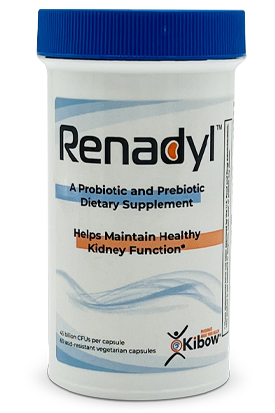Determining Kidney Disease
Three Main Indicators determining Kidney Disease are 1. CREATININE, 2. BLOOD-UREA-NITROGEN (BUN), & 3. GLOMERULAR FILTRATION RATE (GFR)
 1. CREATININE
1. CREATININE
Creatine is a chemical waste molecule that is generated from muscle metabolism. The kidneys filter out most of the creatinine and dispose of it in the urine. If your kidneys are damaged and cannot work normally, the amount of creatinine in your urine goes down while its level in your blood goes up.
2. BLOOD-UREA-NITROGEN (BUN)
BUN is used to aid in determining kidney functioning and usually is compared or obtained along with blood Creatinine levels. If levels are high it is often an indication of impaired kidney functioning. A BUN-to-creatinine ratio can help your doctor check for problems, such as dehydration, that may cause abnormal BUN and creatinine levels.
3. GLOMERULAR FILTRATION RATE (GFR) |
Creatinine is used by doctors to calculate the glomerular filtration rate (GFR) of the kidneys. This is important because as the blood creatinine rises, GFR falls and the kidneys’ capacity to clear wastes from the body diminishes. A high GFR (greater than 90) and the absence of protein in the urine indicate normal kidney function.


 Renadyl™
Renadyl™